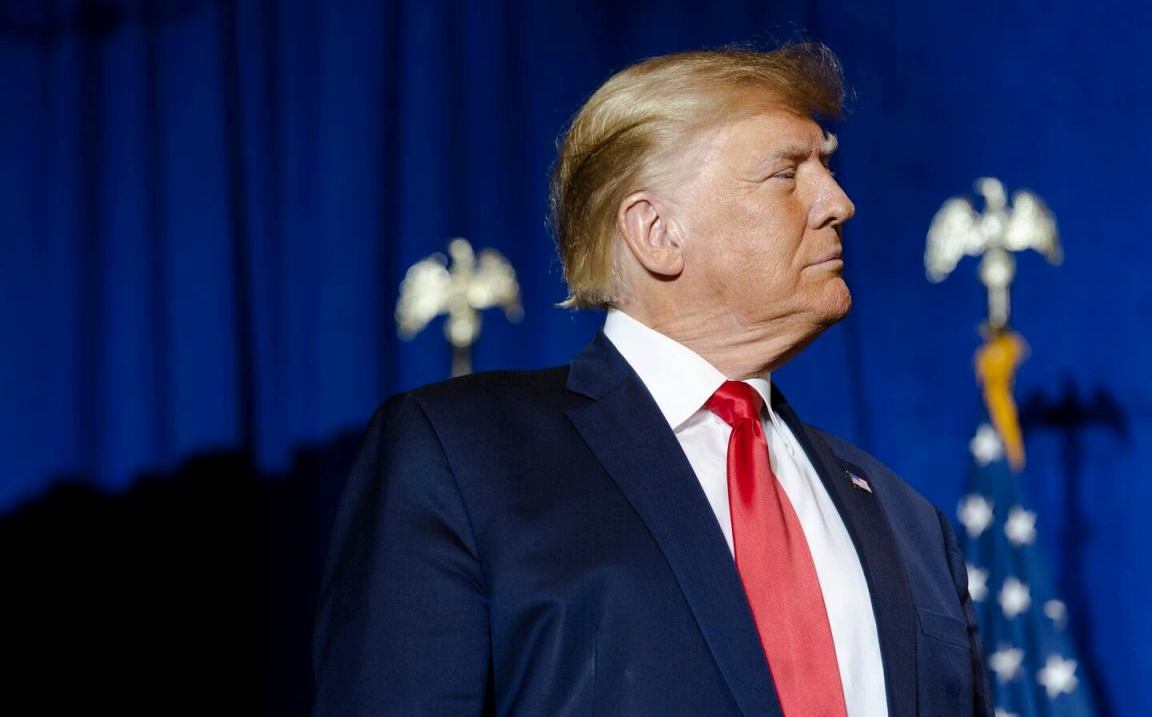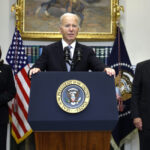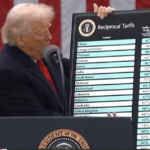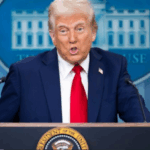In a tense courtroom in lower Manhattan on Friday, attorneys for former President Donald Trump and writer E. Jean Carroll clashed over whether Trump should be granted a new trial. This appeal follows a jury’s decision last year that found Trump liable for sexually abusing and defaming Carroll.
A nine-member jury had awarded Carroll $5 million in damages after a two-week trial in which Trump neither attended nor called any witnesses. Both Trump and Carroll appeared in court for Friday’s oral arguments, which concluded around 10:30 a.m. ET. A decision from the federal appeals court is not expected before November’s presidential election.
The hearing, though brief, underscored the high stakes for Trump, the Republican nominee for president. Unlike previous trials, such as those related to New York civil fraud or criminal hush money payments, which saw Trump publicly denounce the proceedings, there were no cameras allowed inside the federal court. However, media tracked his motorcade to the courthouse.
The oral arguments centered on the admissibility of evidence presented during the trial. Trump’s lawyer, John Sauer, argued that the case was a “quintessential he-said-she-said” scenario, claiming Carroll was politically motivated and suggesting that evidence admitted at trial was improperly used. A judge interrupted Sauer to focus on the specific evidence in question.
The debate also delved into the testimony of Jessica Leeds, who claimed Trump groped her on an airplane in the 1970s. Carroll’s attorney, Roberta Kaplan, defended the inclusion of this testimony, stating that it was relevant to establishing a pattern of behavior. Kaplan also argued that the “Access Hollywood” video, in which Trump made controversial comments about groping women, was appropriately admitted as it served as a form of confession.
Kaplan criticized Trump for not testifying or presenting any witnesses during the trial, emphasizing that Trump’s failure to rebut the evidence warranted its inclusion. “He had every opportunity to take the stand and rebut all this evidence,” Kaplan said.
The 2023 trial marked the first time Trump was found liable for sexually abusing a woman. Carroll testified that Trump raped her in a New York department store in the mid-1990s and later defamed her in 2019. The jury found Trump liable for sexual abuse but not for rape. Trump faces no jail time in this case.
In addition to the 2023 trial, a separate defamation trial earlier this year resulted in Carroll being awarded $83.3 million after Trump was found to have defamed her in 2022.
Trump’s appeal challenges several trial rulings, including the inclusion of testimonies from two other women who alleged sexual assault by Trump and the admission of the “Access Hollywood” video. His legal team argued that the trial judge’s decisions were prejudicial and restricted Trump’s ability to cross-examine witnesses.
Carroll’s lawyers countered that the trial judge’s rulings were correct and that the evidence presented was crucial in demonstrating Trump’s pattern of behavior. They argue that the overwhelming evidence supports the verdict and that Trump’s appeal should not result in a new trial.
As the legal battle continues, the implications of the case remain significant for Trump and for discussions surrounding accountability and evidence in high-profile litigation.










